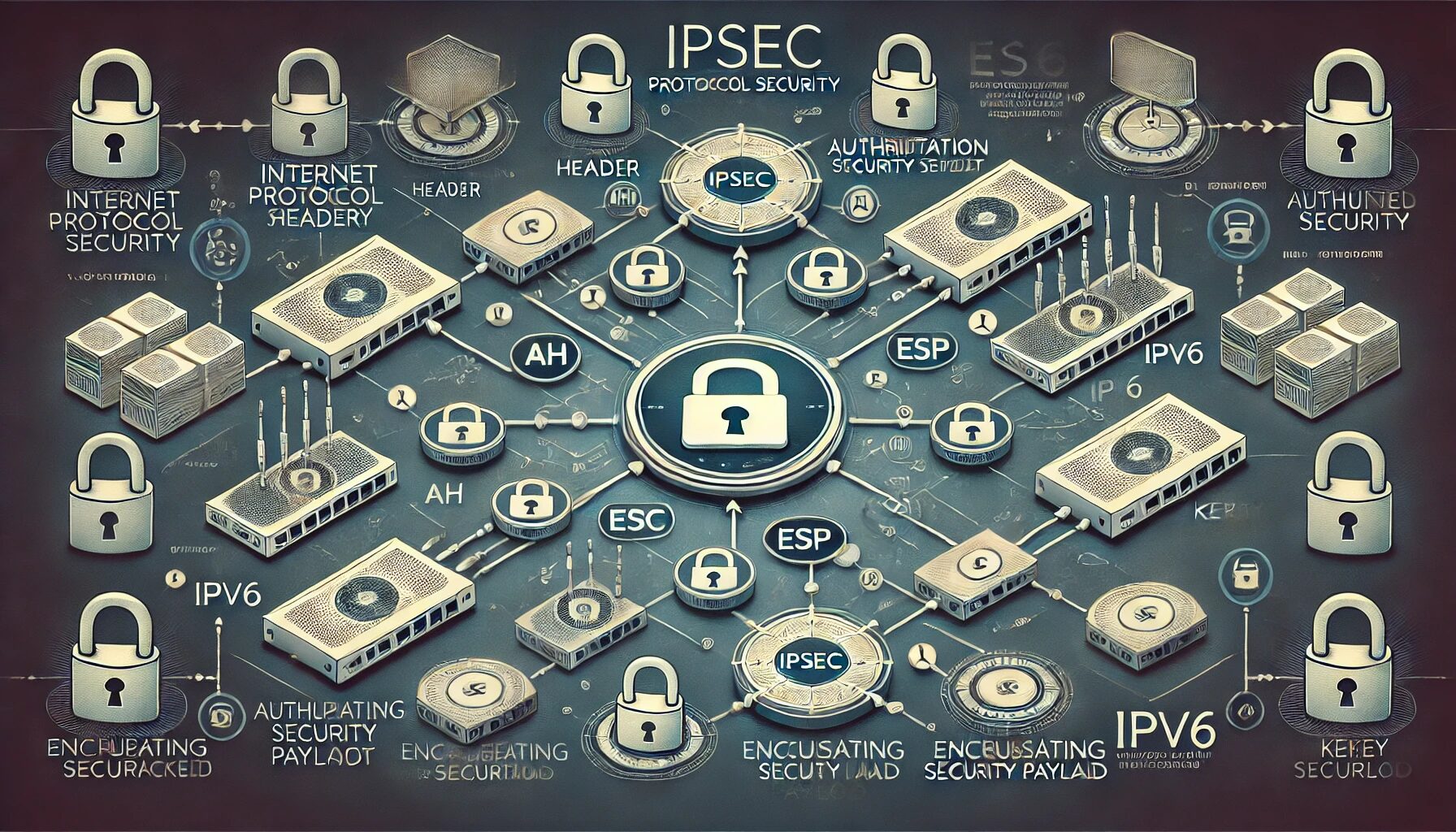IPsec, or Internet Protocol Security, is a suite of protocols designed to secure internet communication by authenticating and encrypting each IP packet of a communication session. It has long been associated with IPv4, but its relationship with IPv6 often stirs confusion and misinformation. Let’s delve into the details to clarify the role of IPsec in IPv6.
Historical Context
When IPv6 was developed, one of its significant advancements over IPv4 was the mandatory inclusion of IPsec. This decision aimed to enhance the security of internet communications by ensuring all IPv6 implementations could support IPsec, providing a standardized way to secure IP traffic at the network layer.
Mandatory Implementation vs. Mandatory Use
A crucial distinction needs to be made between “mandatory implementation” and “mandatory use”:
- Mandatory Implementation: All IPv6 stacks must support IPsec.
- Mandatory Use: All IPv6 communications must use IPsec.
IPv6 requires the former, not the latter. This means that while all devices supporting IPv6 must have the capability to use IPsec, it does not mean that IPsec must be used for all communications over IPv6. The use of IPsec remains optional and is determined by the security policies and requirements of specific applications and networks.
Technical Details of IPsec in IPv6
- AH and ESP:
- Authentication Header (AH): Provides data integrity, data origin authentication, and protection against replay attacks.
- Encapsulating Security Payload (ESP): Offers confidentiality, data origin authentication, and data integrity. Both AH and ESP can be used in two modes:
- Transport Mode: Protects the payload of the IP packet.
- Tunnel Mode: Protects the entire IP packet by encapsulating it into a new IP packet.
- Integration in IPv6:
- Header Structure: In IPv6, IPsec headers (AH and ESP) are part of the extension header mechanism, which allows for more flexible and efficient packet processing.
- Neighbor Discovery Protocol (NDP): IPv6’s equivalent of ARP (Address Resolution Protocol) in IPv4 can be secured using IPsec.
- Key Management:
- Manual Keying: Static keys are manually configured and distributed, which is practical for small networks but not scalable.
- Automated Key Management: The Internet Key Exchange (IKE) protocol automates the secure exchange of keys, essential for larger, dynamic networks.
Practical Considerations
- Adoption and Use:
- While IPv6 supports IPsec, its adoption in everyday use varies. Many enterprise networks use other security measures, such as TLS (Transport Layer Security), at higher layers of the OSI model.
- IPsec is particularly useful for VPNs (Virtual Private Networks), providing secure communication over untrusted networks.
- Performance Overhead:
- Implementing IPsec can introduce performance overhead due to the processing required for encryption and authentication. This trade-off is a consideration in network design and deployment.
- Compatibility and Interoperability:
- Ensuring compatibility and interoperability between different vendors’ IPsec implementations can be challenging, necessitating thorough testing and configuration.
Conclusion: Fact vs. Fiction
Fact:
- IPsec is indeed integrated into the IPv6 protocol suite, and all IPv6-compliant devices must support it.
- IPsec provides robust mechanisms for securing IP communications through authentication, integrity, and encryption.
Fiction:
- The belief that all IPv6 traffic must use IPsec is incorrect. While support for IPsec is mandatory, its use is optional and contingent on specific security needs and policies.
- Misinformation often arises from conflating mandatory support with mandatory usage.
In summary, IPsec’s role in IPv6 is a significant advancement in network security, providing the tools necessary for secure communication. However, its use depends on the specific requirements and configurations of each network, debunking the myth that IPsec is universally enforced in all IPv6 traffic.




